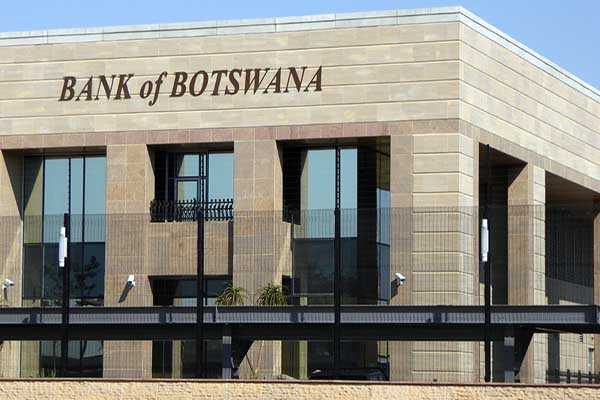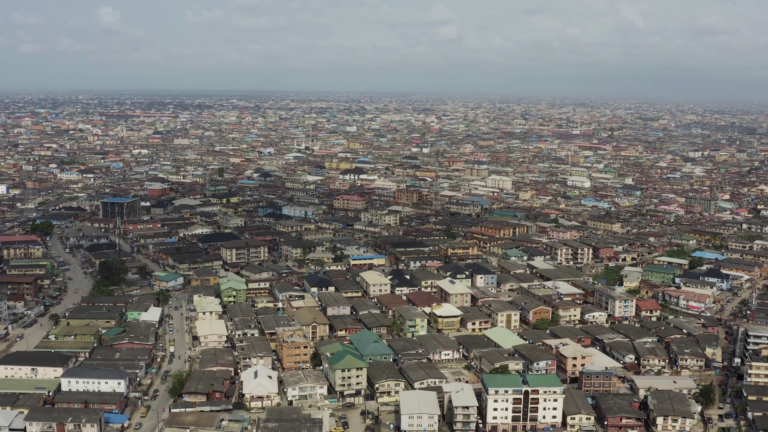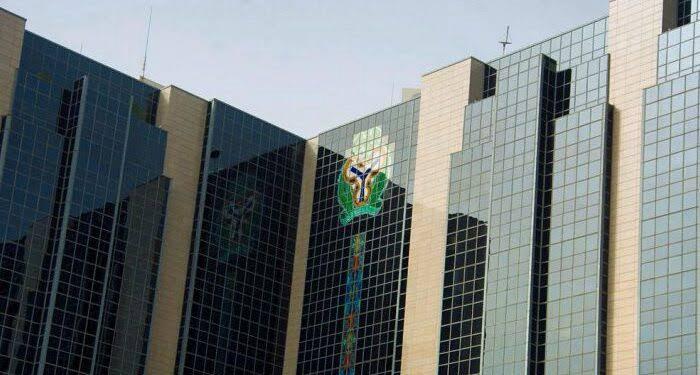By: ThinkBusiness Africa
Nigeria’s agricultural landscape is poised for a major transformation as Minister of Agriculture and Food Security, Senator Abubakar Kyari, noted that a $500 million loan facility from the World Bank will specifically target unlocking growth and investment across the nation’s agricultural value chains.
The Minister disclosed the development during a recent meeting with a World Bank delegation in Abuja, emphasizing that the intervention aligns perfectly with President Bola Tinubu’s “Renewed Hope Agenda,” which prioritizes food security, job creation, and rural industrialization.
The loan is earmarked for a specific initiative referred to as the Agriculture Value Chains for Growth (AGROW Project). According to Minister Kyari, this project is a crucial component of the World Bank’s broader $14 billion six-year Agri-Connect initiative, which seeks to address long-standing gaps in the agricultural ecosystem.
Between 30% and 50% of certain perishable crops (like tomatoes and mangoes) are lost after harvest due to poor storage, bad roads, and inadequate processing facilities in Nigeria.
“This facility will support farmer aggregation, expand market linkages, and integrate micro, small, and medium-scale enterprises (MSMEs) into strategic agricultural value chains,” Kyari stated. “We expect stronger value chains, higher agro-processing capacity, and improved rural livelihoods.” He said.

The World Bank representative, Hardwick Ichale, noted that the AGROW Project aims to unlock Nigeria’s agribusiness potential by facilitating job creation for youths and women and enhancing overall farm productivity.
Key Value Chains Targeted: Rice, Maize, Soybean, Cassava.
Ichale stressed that a core objective is to help Nigerian farmers view farming not just as a subsistence activity but as a sustainable business.
The agriculture sector contributes over 20% to Nigeria’s real GDP annually. In the third quarter of 2024, the sector contributed 28.65% to overall GDP in real terms.
The World Bank funding is designed to complement existing Nigerian government programmes, notably the Special Agro-Industrial Processing Zones (SAPZs).

These zones are strategic industrial hubs being developed across the west African country to attract private sector investment in agro-processing and manufacturing.












